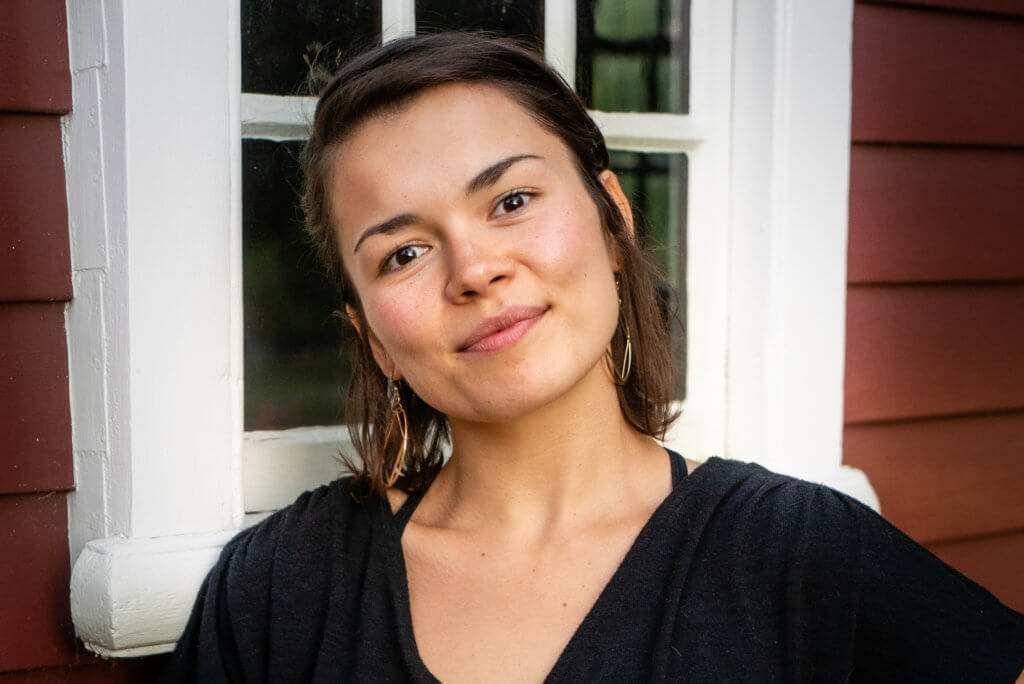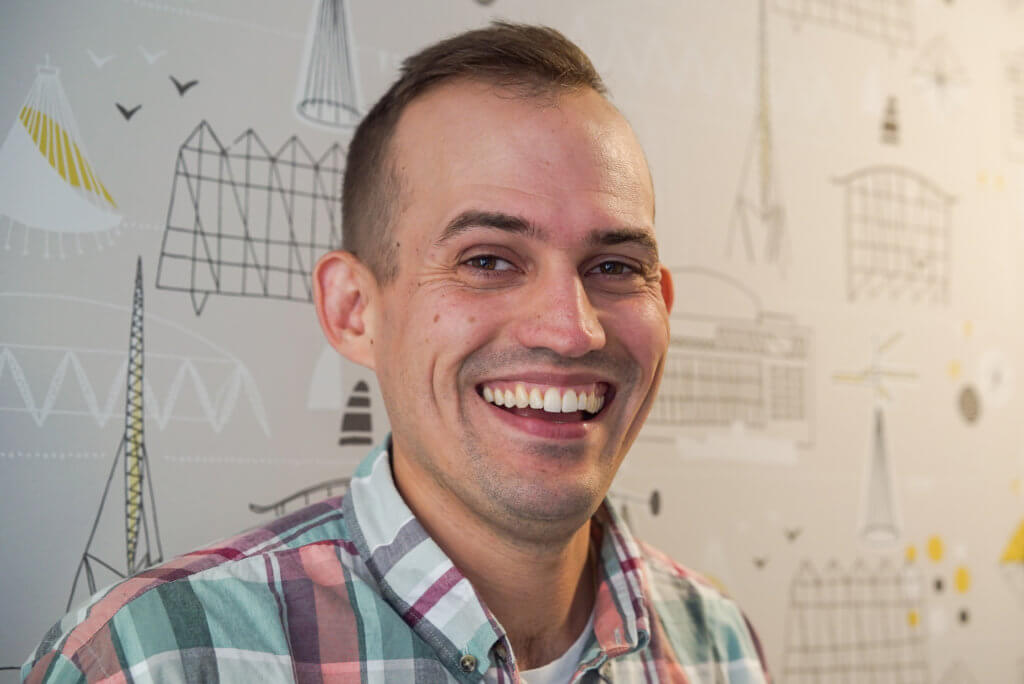Episode
Highlights
MORE THAN A MEAL
Thanksgiving is a really complex holiday. It’s more than a meal: it’s a representation of America’s past and present. And it’s deeply connected to our country’s history of immigration. An interesting thing about Thanksgiving is that it’s such an American holiday, but immigrants who come here don’t really have any idea what it’s all about.

Manoog, Edgar and Armenian string cheese | Photo: Ana González
MULILIKWAS’ FIRST THANKSGIVING
You might remember the Mulilikwa family from Episode 11. They’re a family of eight kids and a single mom, Pichuna, who arrived in Providence last May from Burundi, where they had been living as refugees for 18 years. Their Armenian godfather and former landlord, Manoog, is standing in the kitchen by a simmering pot.
“The difference I can say in America and where I’m from: in America when you do the party, you do for the family only. But in Africa when you do the party, it’s for everybody. The neighborhood, the friends, the family, the friends of the church. Everybody.”
—CLEMENT

Jayne carves the turkey | Photo: Ana González

Left to right: Victor, Henri, Edgar, Claudine, Jayne, Shakay, Gigi, Pichuna | Photo: Ana González
THANKSGIVING MYTH
Even though this feast really did happen, that’s only part of the picture.
“To take that as the representative sample or to represent that as all of colonial American, European or English and native relations without understanding the violence and dispossession and complexity, of what followed since, seems to me to set the whole conversation, the whole understanding of what Thanksgiving was, off on a really, not just misleading, but I think really dangerous and pernicious kind of foundation.”
—PROFESSOR LIN FISHER
“If you’re talking Thanksgiving, then remember that this is an indigenous holiday. Once again, it’s been co opted by Europeans since being here, which is okay. That’s fine, you know, but it’s not their holiday. They didn’t do anything for the Indians. They didn’t show kindness to them. And if people can remember that and celebrate that fact, then I’m all for Thanksgiving.”
—RAYMOND “TWO HAWKS” WATSON

Caption | Photo: Ana González

Pichuna | Photo: Ana González
REASONS TO BE GRATEFUL
The process of learning about the history of this country is long. Longer than a meal. And requires more than one explanation. What’s important now is that we’re all together, making jokes, eating good food, and getting to know each other a little bit better.
“I like my mom to bring to America. I’m thankful for my family for being together.”
—CLAUDINE
“I wake up every morning, and I got a beautiful wife, I got wonderful kids. I’m in law school. I’m running my own company. I’m a Narragansett, and I’m still here. They tried to literally genocide us, and we’re still here. There’s just so much to be grateful for.”
—WATSON
“I do think there’s there’s a lot of just not great things out there that are happening daily. And it can be soul-crushing and overwhelming. And it’s true of the past. But to take a specific moment and develop the discipline of gratitude, and the habit of thankfulness, whether it’s quote, unquote, Thanksgiving or not, I think is really useful. I think it’s soul-reviving.”
—FISHER

Edgar | Photo: Ana González


